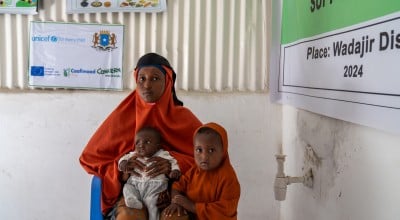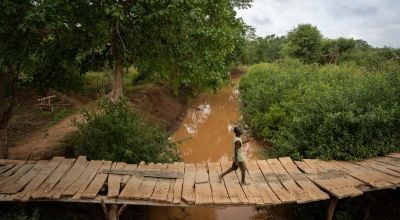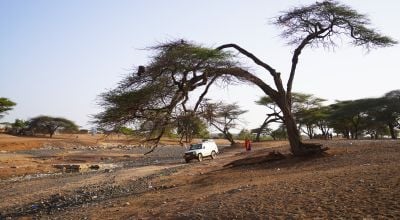
Read our 2024 annual report

Knowledge Hub
Education for girls in Somalia: Faduma's story
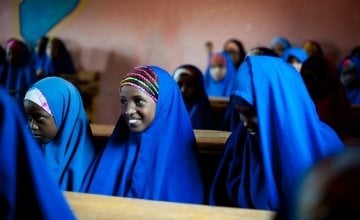
This International Women’s Day we are focussing on the power of education for girls around the globe. Faduma is one of a generation of young women whose lives can be transformed by a better quality of schooling. Here we look at some of the challenges facing girls just like her in Somalia today.
Schools in Somalia
Somalia once had a comprehensive education system that provided free and inclusive education to Somali children from pre-school to university. Years of conflict and political instability have devastated that system.
Today, Somalia has one of the world's lowest enrolment rates for children of primary school age. It is estimated that at least one million children between six and 13 years of age are currently out of school. The country is on track to have one of the highest proportions of disenfranchised youth in the world.
Faduma
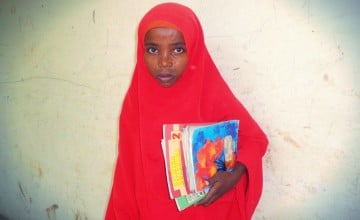
Faduma Hussein Hassanow's father died when she was only three years old. Her mother decided to send her to school when she was nine. Now 11, she is in grade two at Darussalam Primary School, a school supported by Concern Worldwide in Somalia.
Faduma’s mother said:
I believe that in the near future when they finish their education they will support themselves and the family financially.
Darussalam school
The area around Darussalam has been under the control of armed groups opposed to education until recently. Attending school has been very difficult as a result.
Concern is committed to making Darussalam a positive environment for women. As well as providing text books, furniture, learning materials and sanitary facilities for school, we concentrate on one of the most vital parts of a good education: the quality of teachers.
Our training programmes encourage teachers to foster participation from schoolchildren. Feduma says she wants to follow in the footsteps of her female teacher, Raba’o Mohamed Sheik:
I want to finish my studies up to high school and university, and then become a teacher in my community school.
The power of education
Feduma’s relationship with Raba’o shows how exposure to strong female role models early in life can build new aspirations for the future.
The UNESCO Education for All Global Monitoring Report (2013/2014) shows that access to a quality education for girls across Sub-Saharan Africa would have a remarkable positive impact against poverty.
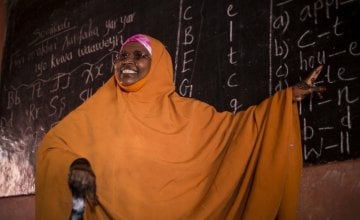
Challenges
Somalia is one of the hardest places in the world to be a child. Conflict, drought and poverty has had a profound psychological impact on the country’s young. Many families depend on girls to supplement low incomes. It is necessary to support these families to allow their girls the opportunity to attend schools.
Another issue that faces girls in school is gender-based violence. A study on schools in Mogadishu showed that biases towards boys and both physical and psychological aggression towards girls is prevalent in those schools.
Concern’s programmes aim to create safe, encouraging and hygienic environments for learning. Last year more than 13,100 children were educated in Somalia through our efforts to improve schools. 41% were girls. By focussing on those who have been denied access to education, we hope to empower the next generation of Somalian women to transform their lives.



